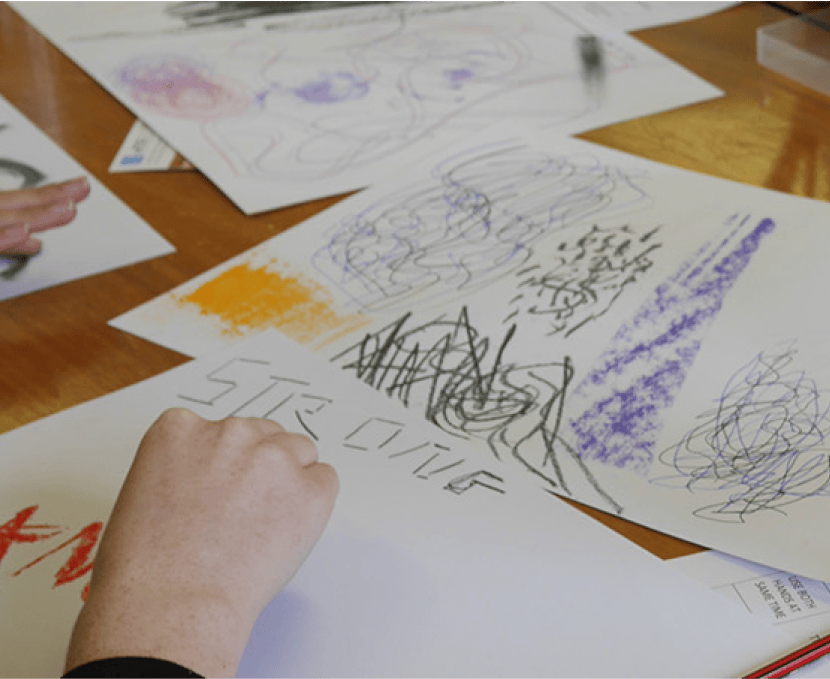Working with academics from Durham University’s Centre for Research into Violence and Abuse, whose researchers have expertise in childhood abuse and its impacts on young people, has enabled us to measure the effectiveness of the project and ensure we follow best practice when dealing with the sensitive issue of domestic abuse.
They guided the development of resources and provided a Research Assistant, who supported us by to monitor the effectiveness of using the stories and resources as tools both to support young people with much-needed conversations and to give staff confidence to navigate these conversations. The learning generated by our Research Assistant, though conversations with the teachers, socal workers, children and young people who piloted our resources in 2023-2024, informed the development of Training & CPD to ensure your staff / colleagues feel equipped to use our resources.
Research team
Principal investigator: Dr Nikki Rutter – Durham University
Project consultant: Dr Josie Phillips – Durham University
Research assistant: Ms Caitlin Jobson – Durham University
Research produced
- Literature Review of co-developed interventions: Not afraid, to take a stand: Project report from a desk-based review of programmes designed to improve responses to young people’s experiences of abuse (worktribe.com)

Research FAQs
Take a look at our answers to some of the frequently asked questions, designed to address any worries or concerns you may have.
Why did Changing Relations work with Durham University?
The Centre for Research into Violence and Abuse (CRiVA) was launched in 2013 and is dedicated to improving knowledge about interpersonal violence and abuse, and professional and societal responses to it. Within CRiVA, there are social work academics who specialise in this form of harm and were able to provide advice and guidance on evidence-based approaches to supporting children and young people experiencing harm within the home.
What ethical approval do you have for the research?
This project received ethical approval from the Department of Sociology over multiple iterations of the project (reference code: SOC-2022-11-22T14:23:05-fjtk59).
As resources were co-developed with young people, and various phases were based upon the outcome of previous phases, ethical approval was sought at each phase to inform the Department Ethics Committee of any changes and receive their approval.
How was participants data stored/used?
Data was processed in accordance with the Data Protection Act 2018 and the General Data Protection Regulation 2016 (GDPR). All information collected about participants was strictly confidential unless raising safeguarding concerns which required sharing with relevant agencies.
If I took part in the research, how do I get a copy of data to withdraw my consent?
As data was anonymised upon generation, it is not possible to withdraw consent post project. All participants were provided with instructions on how to withdraw via the information sheet during the project. Attendance at the workshops, training, and participation in the research was not mutually exclusive, each was wholly voluntary, and those who wished to take part in the training or workshops did not have to take part in the research.
